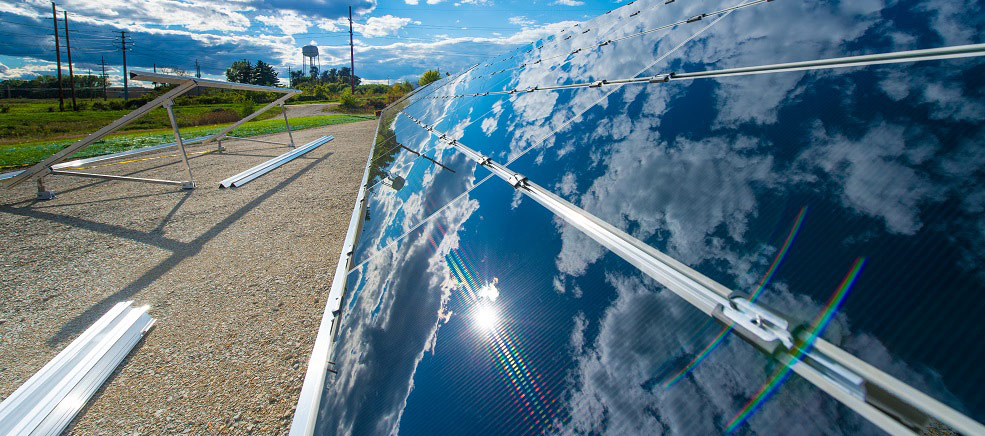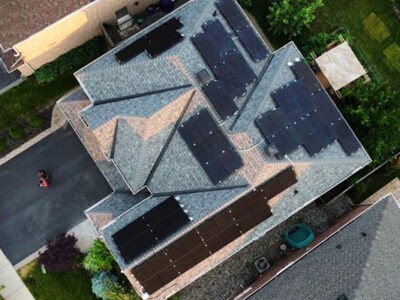THE NATIONAL AE BUSINESS
In 2015, Solar power was Dubai’s top alternative energy choice
While renewable energy includes wind, biofuels and hydropower, the main winner for this year has been solar energy. And the main regional winner has been the UAE.
“Both Masdar and the Dubai Electricity and Water Authority [Dewa] have proven to the world that developing and developed nations have to embrace renewable energy, especially solar energy, to empower a growing economy,” said Hadi Tahboub, the vice president of the Middle East Solar Industry Association (Mesia), based in Dubai.
It all began in January last year, when Dewa increased its clean-energy target from 5 per cent to 7 per cent by 2020. That was quickly overshadowed by the world’s cheapest tariffs for solar energy at the Mohammed bin Rashid Al Maktoum solar photovoltaic (PV) park – all thanks to Riyadh-based Acwa Power and its partner, TSK of Spain.
FORBES
Why 2016 Will Be Solar’s Year Again
This year may not be as huge for solar as it looked before Congress extended the solar investment tax credit—some projects can now relax into 2017 without losing their subsidy—but 2016 will still be bigger for sunshine than any year the United States has ever seen.
And two mechanisms will roll out to support solar and wind—inexpensive utility-scale battery storage and the first plans for new carbon markets spawned by the Clean Power Plan and Paris Agreement.
Analysts at GTM Research expect 2 gigawatts of solar installation to slip from 2016 to 2017, but that still leaves 9-11 GW already queued up for installation in 2016, up from 6 GW in 2014 and perhaps 7.5 in 2015.
LAS VEGAS SUN
Nevada should adopt, not marginalize, solar energy
If ever there was a time for a Nevada leader to capitalize on his vision and political momentum to shape public policy, it’s that time now for Gov. Brian Sandoval. His objective should be to firmly establish the important role of solar power in the state’s future.
The reasons are obvious. We are the Saudi Arabia of solar, with an abundance of sunshine just waiting to be tapped for our own use and eventually to be exported as a commodity to other states.
Instead, a decision by the Nevada Public Utilities Commission last week doesn’t just chill the use of rooftop solar panels but seems to punish those who are pioneering its use, by making it financially unattractive to homeowners.
GRIST
Here’s why repealing the crude oil export ban wasn’t such a bad deal
While you were focused on negotiations in Paris to save the world from catastrophic climate change, congressional Republicans were hard at work trying to make things worse. One of their schemes was to cram climate-harming provisions into the federal budget, which passed on Dec. 18.
They failed to push through most such provisions, like repealing the Clean Power Plan, but they succeeded with one big one: lifting the 40-year-old ban on exporting crude oil. This policy change — a generous Christmas gift to the oil industry — was their price for extending tax credits for wind and solar energy and otherwise leaving Obama’s climate agenda alone.
Activists and experts disagree on whether this trade might lead to an increase or a decrease in CO2 emissions, or make no big difference either way. From a political perspective, though, giving up the crude oil export ban in favor of renewable energy subsidies was a smart concession for Democrats to make. That’s because Republicans wanted it badly, but it threatens far less harm than many of the other policies the GOP is pushing for.















Comments